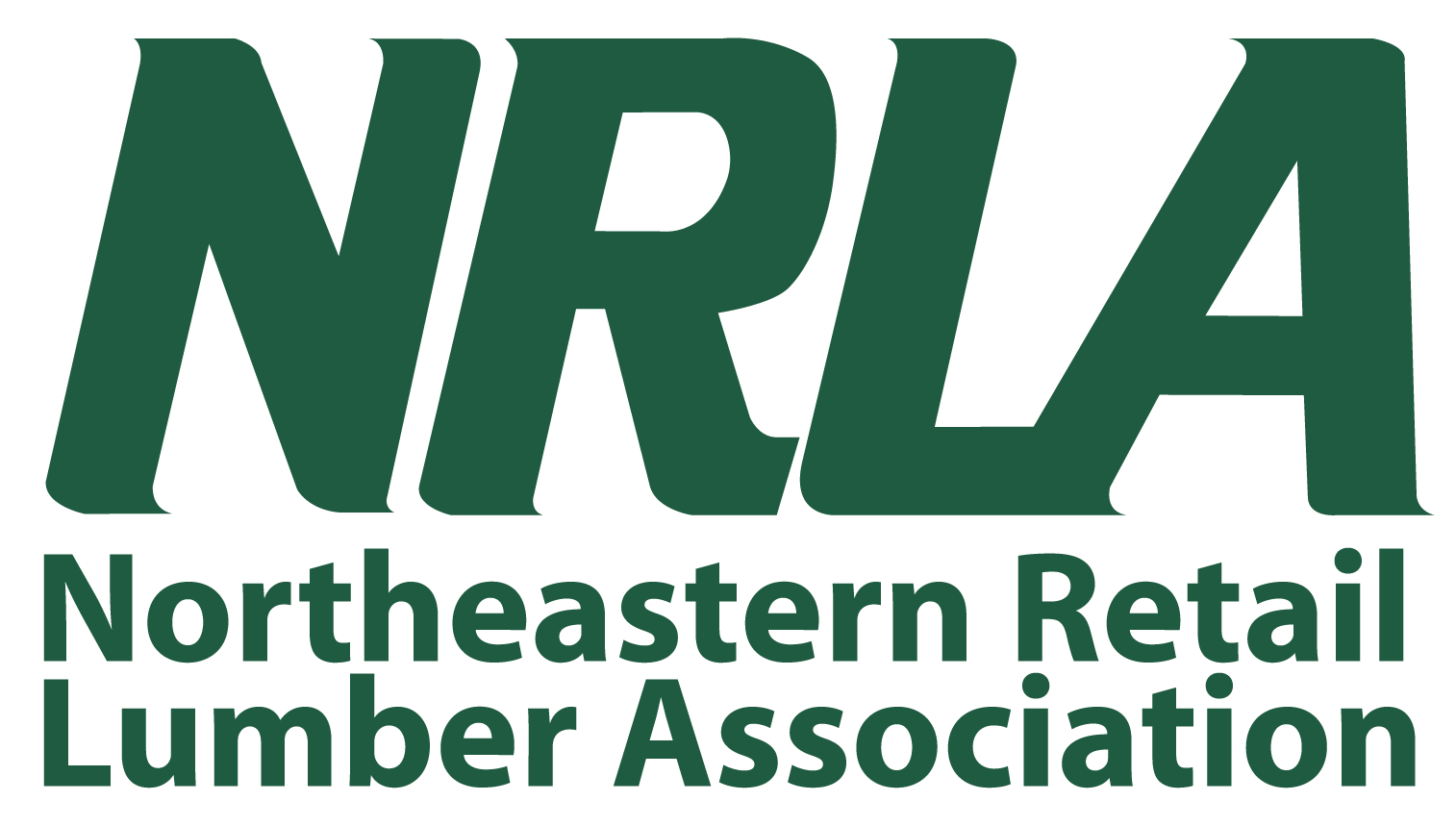From the beginning, we had concerns that the Advanced Clean Truck (ACT) Rule could create serious challenges. Early conversations with truck manufacturers and dealers made one thing clear—the demand and the technology simply weren’t ready. The electric versions of the trucks our members rely on either don’t exist or can’t be produced at the scale needed to serve the building materials supply chain. And as reports started coming in from members, those warnings became reality. Members couldn’t purchase diesel trucks due to restrictions, and electric replacements weren’t available or capable of handling the workload.
This was never about being anti-electric. It was about practicality. The rule didn’t work for our industry, and we said so.
In January, the NRLA launched coordinated campaigns in all five Northeastern states moving forward with implementation: New York, New Jersey, Connecticut, Massachusetts, and Vermont. Our approach combined direct lobbying, media engagement, and member action.
In New York, every regional and local association president signed a joint letter to Governor Hochul urging a delay. At the same time, they submitted letters to the editor in newspapers across the state, voicing concerns about disruptions to the building materials supply chain and impacts on housing affordability.
In Massachusetts, Tony Shepley of Shepley Wood Products wrote directly to Governor Maura Healey. In Vermont, Jeremy Baker of rk MILES and Claudia Homan of Bethel Mills Inc. met with Governor Phil Scott. In Connecticut, Bob Sanford of Sanford & Hawley participated in a broad coalition effort that successfully pushed back. In New Jersey, TJ Shaheen of Builders General hosted more than a dozen yard tours with members of the Legislature. By May, four of the five states had suspended the rule, citing serious implementation challenges.

At the federal level, NRLA worked in close partnership with the American Building Materials Alliance (ABMA). Through ABMA, our concerns were brought directly to the Environmental Protection Agency (EPA) and to key decision-makers in Congress. Special thanks to ABMA’s federal lobbyists, Jim Thompson, and Denise Murphy McGraw who engaged EPA leadership directly and helped ensure this issue got the attention it deserved. That effort paid off.
This past week, the President signed resolutions repealing the ACT Rule at the federal level.
This is a major win—not just for the lumber and building materials industry, but for anyone who depends on efficient, reliable, and affordable project delivery. It’s also a testament to what our members can accomplish when we coordinate across states and work together with one voice.
Thank you to every member who wrote a letter, made a call, showed up at a meeting, or shared their story. This success is yours.


